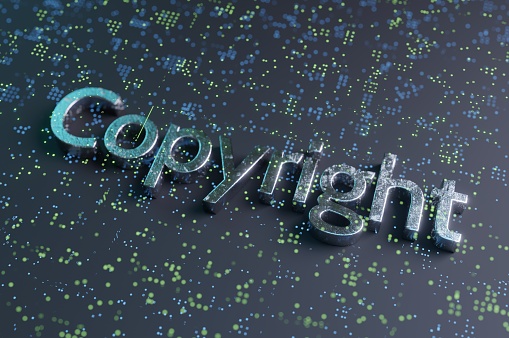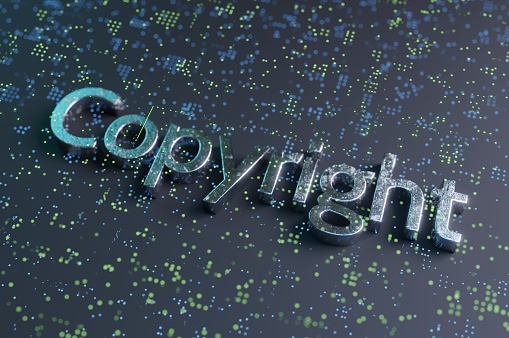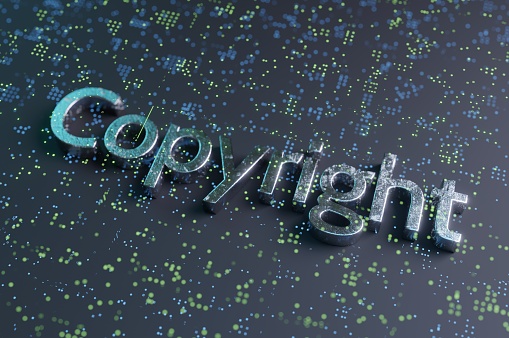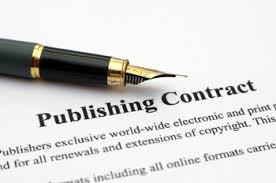
The world has come a long way since Mark Twain and others like him lobbied for intellectual property rights for authors. Indeed, it has even seen authors like J.K. Rowling and James Patterson become billionaires from exploitation of their works.
The Copyright Act LFN 2004 is the principal law that governs, protects copyrights in Nigeria, while the regulatory agency that supervises copyright registration in Nigeria is the Nigerian Copyright Commission (NCC). The Copyright Act (the Act) makes provisions for the protection, transfer, infringement, and remedies for infringement of copyrights in Nigeria.
The functions of the Nigerian Copyright Commission (NCC): the functions of the NCC under Section 34 (3) of the Copyright Act are as follows;
1. The Commission shall be responsible for all matters affecting Copyright in Nigeria.
2. Monitor and supervise Nigeria's position in relating to international convention and advised Government.
3. Advise and regulate conditions for the conclusion of bilateral and multilateral agreements between Nigeria and any other Country.
4. Enlighten and inform the public on matters relating to Copyright
5. Maintain an effective data bank on authors and their works.
6. Be responsible for such other matters as relating to Copyright in Nigeria as the Minister may, from time to time, direct.
Copyright is simply the exclusive right granted to an originator of creative work to reproduce the work for a limited period. Not all works can be copyrighted; the Act seeks to protect the creative works of authors, artistic works, songwriters, music publishers, cinematograph films, photographers, and all rounds creative.
Copyright infringements occur when copyrighted works are reused by duplicating, photocopying, and repackaging for economic gains without seeking permission from the original authors and creators. Piracy and other forms of copyright infringement have been of paramount concern to stakeholders in the copyright industry. The problem of copyright enforcement in Nigeria is not only due to the inadequacy of laws.
In fact, it is multifaceted and there are many other factors responsible for the current state of things including ignorance, poverty and lack of expertise.
Nigerian copyright law ensures that authors get certain rights for their creative efforts provided the conditions in the copyright act are met. This law exists not only to grant exclusive rights to authors in order to protect their work, but to also promote creativity and learning.
In this vein, individuals are granted a copyright term for their lifetime, plus seventy (70) years after death.
Nigeria, known for its rich cultural heritage and vibrant literary scene, is home to numerous talented authors who have contributed significantly to the nation’s literary landscape.
However, despite their creative prowess, many Nigerian authors face challenges in protecting their rights and receiving fair compensation for their work due to outdated and unfair copyright contract laws.
It is crucial to empower authors in Nigeria through fairer copyright contract laws that uphold their rights and ensure they receive just compensation for their creative endeavors. There is no doubt that these legal and regulatory frameworks are commendable.
However, there is a pressing issue yet to be addressed: Authors in Nigeria often suffer from significant inequality of bargaining power and asymmetry of information. As a result, many enter into unfair contracts with publishers and the likes, thereby receiving poor remuneration for their work.
There is some common issue faced by authors in Nigeria this day and they are;
· The assignment of ‘’all rights’’ contracts. These contracts often grant publishers exclusive rights to an author’s work, including rights to future adaptations, translations, and digital formats, without proper compensation or limits on duration.
This can result in authors losing control over their work and missing out on potential revenue streams.
Additionally, authors often face challenges in negotiating royalties and payment terms, which may be skewed in favor of publishers, leading to unfair compensation for their creative work.
· The lack of transparency in contract terms and royalties. These is another problem faced by authors, this is because many authors in Nigeria are not provided with clear information about the financial details of their contracts, including how royalties are calculated, when they are paid, and what rights are granted.
This lack of transparency makes it difficult for authors to assess the fairness of their contracts and ensure they are being adequately compensated for their work.
· The need for robust enforcement of copyright laws to combat piracy and copyright infringement. This involves the increased surveillance and prosecution of copyright infringers, as well as awareness campaigns to educate the public about the importance of respecting copyright laws and supporting authors by purchasing legitimate copies of their works.
Finally, applying support system in place to provide authors with legal assistance and resources to navigate the complexities of copyright contracts.
This could include legal clinics or workshops to educate authors on their rights, as well as affordable legal services to review and negotiate contracts on their behalf.
Furthermore, there is a need for stronger enforcement of copyright laws in Nigeria. Despite the role of Nigeria copyright law, its ability to protect the right of authors and creators is being questioned due to cases of infringements on copyrighted intellectual properties such as literary works, musical acts, and software among others.
In conclusion, fairer copyright contract laws are crucial to empowering authors in Nigeria and ensuring they receive just compensation for their creative work. It is essential to discourage “all rights” contracts, promote transparency in contract terms and royalties, strengthen enforcement of copyright laws, and provide support for authors to navigate the complexities of copyright contracts.





















